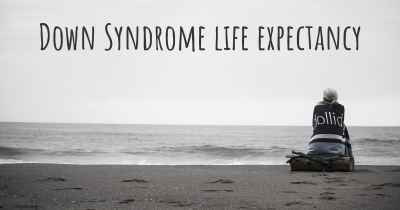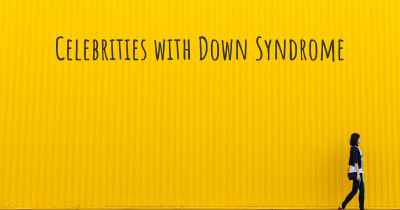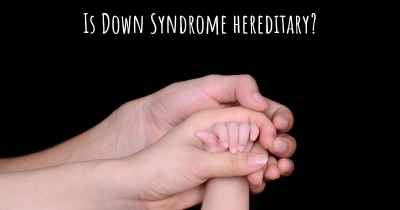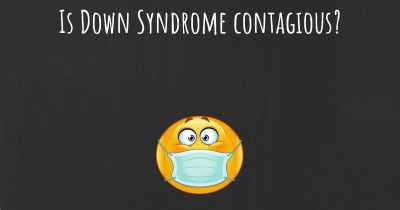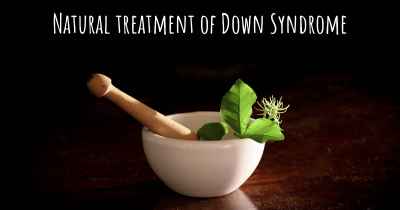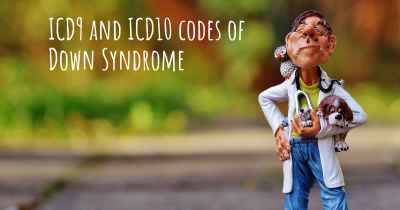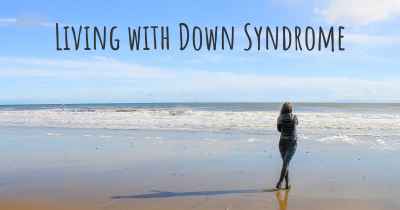What are the best treatments for Down Syndrome?
See the best treatments for Down Syndrome here

Best Treatments for Down Syndrome
Down Syndrome is a genetic disorder caused by the presence of an extra copy of chromosome 21. It leads to various physical and intellectual disabilities. While there is no cure for Down Syndrome, there are several treatments and interventions available to help individuals with this condition lead fulfilling lives.
1. Early Intervention
Early intervention is crucial for children with Down Syndrome. It involves a range of therapies and support services aimed at addressing developmental delays and promoting overall growth. These interventions may include:
- Physical Therapy: Physical therapy helps improve motor skills, muscle strength, and coordination.
- Occupational Therapy: Occupational therapy focuses on enhancing daily living skills, fine motor skills, and independence.
- Speech and Language Therapy: Speech and language therapy aids in improving communication skills, speech clarity, and language development.
- Early Education Programs: Enrolling children in specialized early education programs can provide structured learning environments tailored to their needs.
2. Medical Management
Individuals with Down Syndrome often have associated medical conditions that require ongoing management. Regular medical check-ups and appropriate interventions can help address these conditions effectively. Some common medical issues associated with Down Syndrome include:
- Heart Problems: Many individuals with Down Syndrome have congenital heart defects that may require surgical intervention.
- Hearing and Vision Problems: Regular screenings and interventions can help manage hearing and vision impairments.
- Thyroid Disorders: Monitoring thyroid function and providing necessary treatment is essential.
- Gastrointestinal Issues: Addressing digestive problems and providing appropriate dietary modifications can improve overall health.
3. Speech and Language Therapy
Speech and language therapy plays a vital role in improving communication skills for individuals with Down Syndrome. Therapists work on enhancing vocabulary, grammar, articulation, and social communication. Augmentative and alternative communication (AAC) methods, such as sign language or picture-based communication systems, may also be utilized to support communication development.
4. Special Education
Special education programs cater to the unique learning needs of individuals with Down Syndrome. These programs focus on individualized instruction, adaptive teaching techniques, and inclusion in mainstream classrooms whenever possible. Educators trained in special education can provide tailored support to enhance academic skills, socialization, and independence.
5. Behavioral and Emotional Support
Individuals with Down Syndrome may experience behavioral and emotional challenges. Behavioral therapy and counseling can help address these issues and promote emotional well-being. Strategies such as positive reinforcement, social skills training, and cognitive-behavioral therapy can be employed to manage challenging behaviors and improve overall mental health.
6. Supportive Services
Various supportive services are available to assist individuals with Down Syndrome and their families. These services may include:
- Support Groups: Joining support groups allows individuals and families to connect with others facing similar challenges, share experiences, and gain emotional support.
- Early Intervention Programs: Early intervention programs provide comprehensive support and resources for families with young children with Down Syndrome.
- Community Resources: Accessing community resources, such as respite care, vocational training, and independent living programs, can enhance quality of life.
It is important to note that the treatment plan for Down Syndrome should be individualized based on the specific needs and abilities of each person. Regular evaluations and adjustments to the treatment approach are necessary to ensure optimal outcomes.
